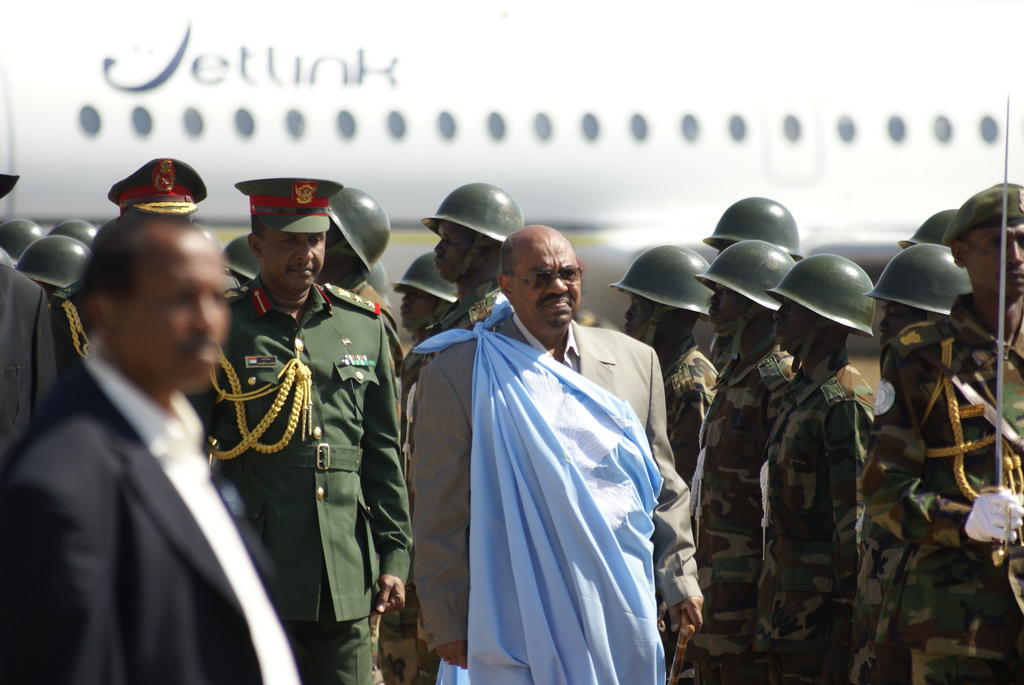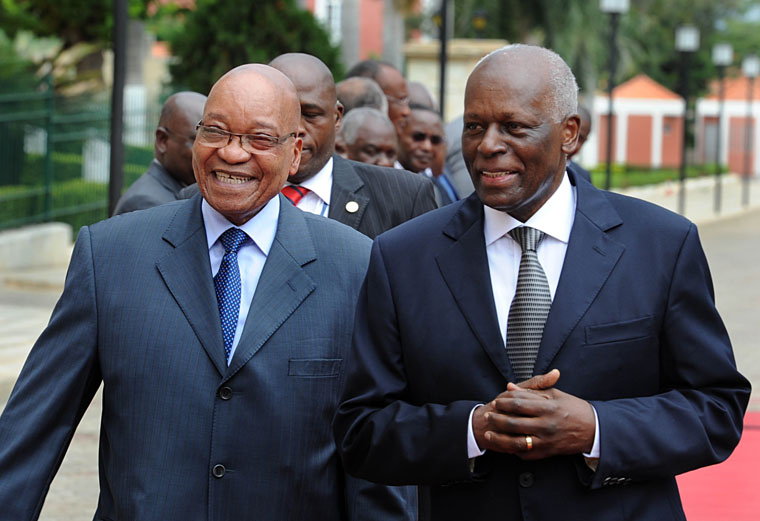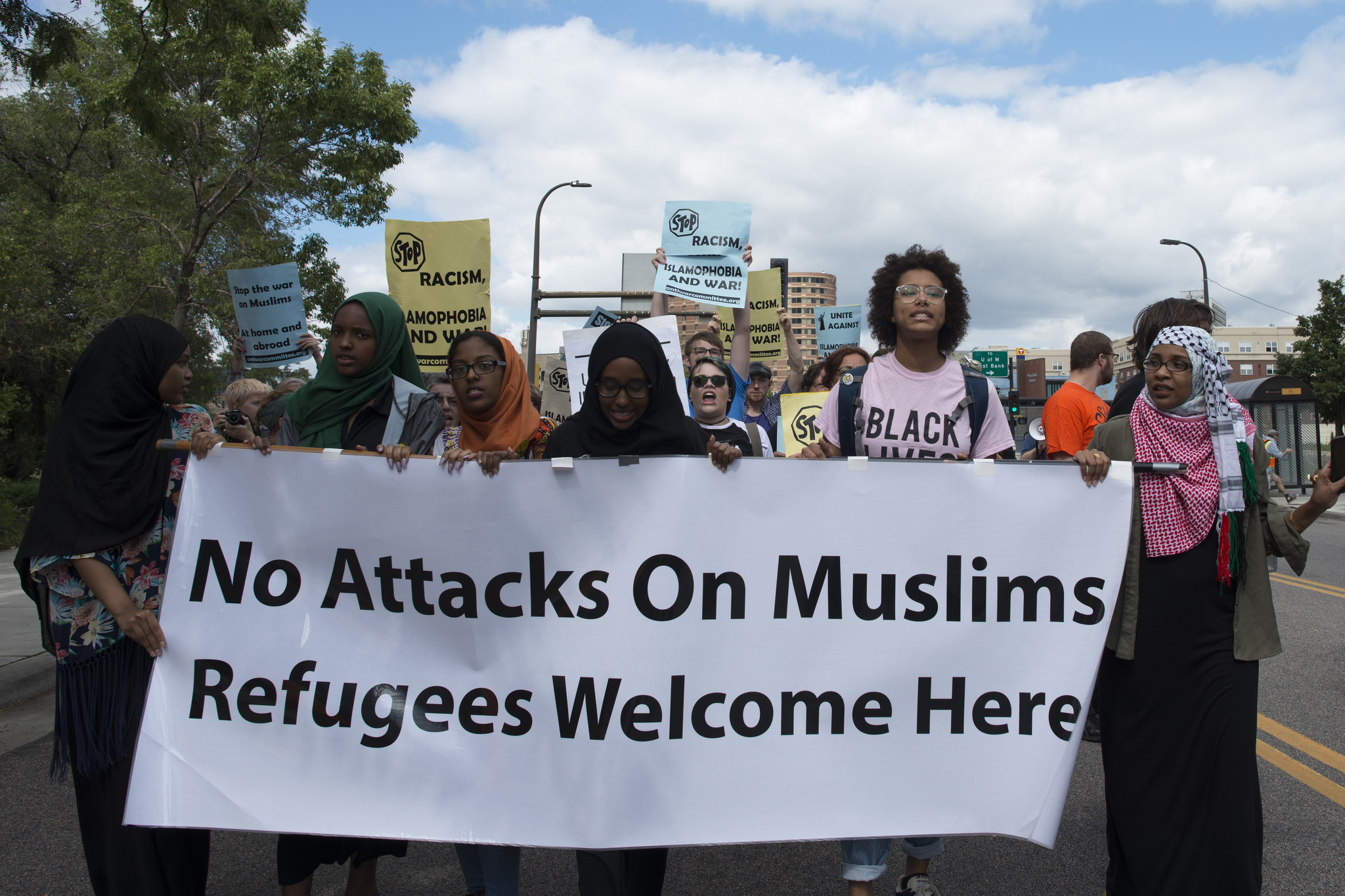There is a certain irony in Aleppo falling on the eighteenth anniversary of the Dayton Accords. After all, that agreement was the seal on a conflict that became the poster child for humanitarian over-reach. Bosnia, with its protracted savagery and brutal massacres, called into question the wisdom of relying on safe-havens and lightly armed UN forces to hold back the beasts of ethnic war – better to let people flee than offer a false sense of protection, especially when the Security Council is grid-locked and the would-be interveners squeamish on the risks of putting boots on the ground. Instead of foisting a premature peace on parties who might still think there is cause to fight, better to “Give War a Chance” and resist the well-intentioned urge to believe in the delusions of impartial intervention.
It is hard to know how much impact scholarly invectives may have on diplomatic briefing books. However, after August 2013, there are plenty of reasons to see Syria as the anti-Bosnia in an intervention sense: no safe zones, no protection force (UN or otherwise), no humanitarian corridors, no “no-fly” zones, and no Richard Holbrooke coercing the parties into a peace agreement they cannot refuse. Instead, with the ghosts of Srebrenica , Belgrade, and Kosovo haunting the halls where the “friends groups” were holding their meetings, the international community decided to opt for the alternative. If the parties aren’t ready, their patrons unyielding, who among us is going to be so daft as to put our troops in danger? Haven’t we learned our collective lessons?
Perhaps we have.
While there has been no small amount of diplomatic “to-ing” and “fro-ing” over the last few years, there has been a distinct lack in the kind of arm-twisting and muscle flexing that focuses the parties on making a deal. Instead, the international response has allowed the conflict run its “natural” course. And now, with a little help from the Russians, it seems the much awaited decisive victory is finally at hand. Aleppo has fallen, and the “government v. Free Syrian Army” dyad is all but done.
And now those of us who study this nasty business will dust off our collective research agendas, assess, regress, and pontificate on the results. If I sound overly cynical, forgive me. I spent the day slogging through last tweets and other video clips from Aleppo. I don’t feel like being objective or scholarly right now. Right now I want to know where 7 year old Bana is and what happened to the cat man and his cats. And then I want to drink more wine and cry.
Civil war sucks. And there is a real mental health argument for quantitative work. But no matter which way you define your data, we all know these questions are made of real flesh, real blood, real guns, and real children – including the 100 who burned to death while sheltering in a single building yesterday.
Which is why I think we need to take a sharp look at the conclusions we have been churning out over the last twenty years. And, I think we need to ask ourselves how we feel about the inferences an informed policy maker would draw from that very same body of work? If we are honest with ourselves, I think we should admit that our assessments of the available evidence would lead us to the same conclusion being played out on the ground – don’t fiddle around with a power-sharing deal here, work for a speedy, “decisive victory,” perhaps with a few arguments for partition on the side.
Haven’t we shown that peace agreements are likely to fail, especially in cases like Syria? After all, Syria is in a bad neighborhood, has multiple factions divided along sectarian lines, and is fueled by external actors who are still in disagreement over the outcome. While we have established the efficacy of peace-keeping missions in these hard cases, we don’t need regression to tell us the Security Council won’t be signing off on blue helmets anytime soon. Heck, even if the parties had accepted a power-sharing deal, who is going to put troops on the ground to mitigate those pesky commitment problems? Iran? Hezbollah? (whole new angle on third party security guarantees folks!) Seriously, can anyone show me an article that presents an empirically grounded case for anyone to pursue a negotiated settlement in Syria? If not, then doesn’t the research tell us a decisive victory, even if a government victory will produce a more humane outcome then backing a negotiated settlement that is bound to fail?
Are we really ok with this conclusion?
It’s still too early to tell if Syria is the last “post-Cold War” war, or the first war of the post-post Cold War era. But I think we know enough to start reconsidering what it is we are stuffing into our models and to begin thinking long and hard about the policy implications of our findings. Are we comfortable with results that imply the presence of the “ethnic” variable means don’t get involved? Especially if we really aren’t 100% clear on what exactly that category really means, and/or when we aren’t completely clear on the depth of the fieldwork underwriting the data set we are using?
I also think it is high time we become a little more circumspect about findings that point toward “decisive victory” as a viable policy outcome. While Syria is just a single case on which no good scholar should ever generalize, I am going to go right out on a limb to say that while Aleppo may be a defeat for the Syrian rebels, it will be anything but decisive or relatively humane. And we shouldn’t be calling it a victory for anyone.








1 comment
Also, re: “can anyone show me an article that presents an empirically grounded case for anyone to pursue a negotiated settlement in Syria,” maybe ask Biddle and Shapiro, and clarify for all of us:
Biddle and Shapiro: when civil wars end, “it’s rarely because an empowered, victorious army marches into the enemy capital….Instead, it’s often mutual exhaustion that finally ends such wars. War burns capital and destroys wealth… When this happens, bargaining space for negotiated settlements opens up”
But Barbara Walter: “Most civil wars end in decisive military victories, not negotiated settlements.”
And Pollack, drawing on Walter: 75% one side wins, negotiated peace at most 5%; remaining 20% 3rd party intervention brings “premature negotiated end” (https://www.brookings.edu/wp-content/uploads/2016/07/Security-and-Public-Order-Report-1.pdf)